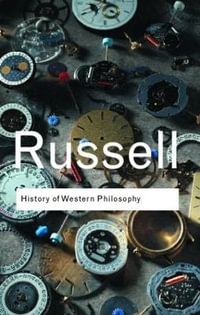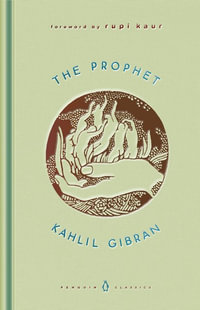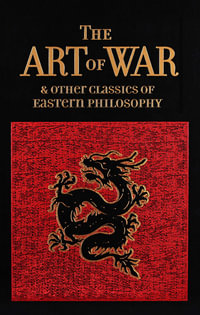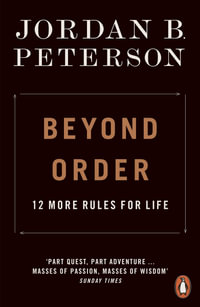Fatalism -- the thesis that something in the past necessitates the entire future -- is often argued for in three ways. One argument is that the truth of propositions about future events makes those events necessary. Another is that infallible divine foreknowledge necessitates all future human acts. The third is that the past history of the world in conjunction with universal causal laws necessitates the entire future. Each of these arguments
depends on a premise of the necessity of the past. In Fatalism and the Logic of Time, Linda Zagzebski examines two interpretations of this necessity. One interpretation is the modal necessity of the
past, and the other interpretation is the cause of closure of the past. She argues that the combination of the necessity of the past with the transfer of necessity principle is inconsistent with the truth of any proposition about the past that entails a proposition about the future. As such, the problem is much broader than fatalism. It is a problem in the logic of time. All arrows of time, as well as the arrows of physics, arise from the human experience of before and after -- but that
experience does not itself require an arrow.
Industry Reviews
"This intriguing book, the culmination of 35 years of thinking about the problem of divine foreknowledge v. human freedom, uncovers the metaphysical bedrock beneath the surface conflict between infallibility and free will. Zagzebski argues that there is an incoherence in any argument-for causal determinism as much as for logical and theological fatalism-that posits a necessity of the past that is then transferred to the future, and this means that there's an
incoherence in our understanding of time. Written in a very accessible style, Zagzebski takes the debate over arguments for fatalism in a wholly new direction. Anyone with a serious interest in the
nature of time and metaphysical questions associated with it will want to read this challenging and original book." - David Hunt, Whittier College
























